Hervé Bromberger
出生 : 1918-11-11, Marseille, France
死亡 : 1993-11-25
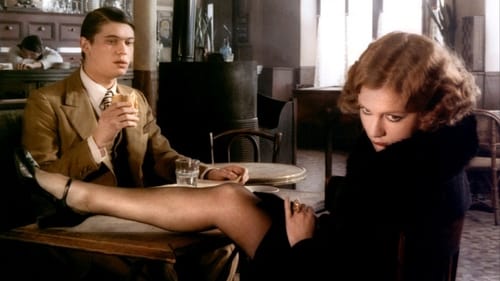
Screenplay
Paris, 1933. The daughter of a respectable lower middle class couple, Violette Nozière, leads a disreputable double life. Far from being the innocent 18-year-old her parents mistake her for, she spends her nights with dissolute young men in the less salubrious areas of the city.

Director

Director

Director
Feeling complicit in a heinous act of her husband, a woman sinks into decay, then recovers and becomes a nun
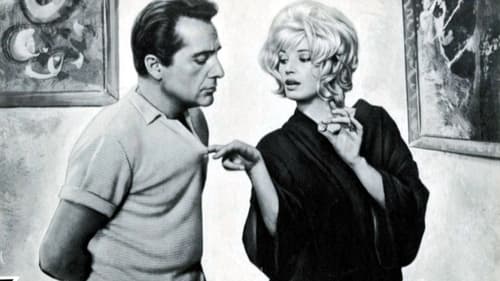
Writer
"Les quatre vérités" aka "The Four Truths" is a movie anthology that consists of four segments, all loosely parodying fables from the 17th-century French poet Jean de la Fontaine. The US cut usually features only 3 segments.

Director
"Les quatre vérités" aka "The Four Truths" is a movie anthology that consists of four segments, all loosely parodying fables from the 17th-century French poet Jean de la Fontaine. The US cut usually features only 3 segments.

Author

Director

Director
Françoise Arnould plays here a married woman who decides one day to get away from her husband and return to her childhood place, where she meets all her former friends, and lovers.

Writer
A young priest works as a barman in a Pigalle cafe in Paris. He tries to prevent the women there to prostitute themselves....

Director

Director
A group of crooks takes advantage of a rich old lady's naivete: they pretend they are to sail to Africa to fight... the sleeping sickness. They are only interested in gold.

Writer
Lyon, 1953. Maria Manzana is the oldest of a family with five children and the only one who has a job. Maria's mother is deceased and her father is regularly drunk and violent. One evening when he wants to beat his daughter Christine, Mary helps her sister and accidentally she kills her father. At Maria's advice the family would prefer to flee. Anna, the girlfriend of Mary's brother Michael, accompanies them. Michael doesn't want to leave her behind. A friendly trucker brings Mary and her company to the south. The group then walks on deserted roads to a village, that was abandoned more than 25 years ago due to lack of water.

Director
Lyon, 1953. Maria Manzana is the oldest of a family with five children and the only one who has a job. Maria's mother is deceased and her father is regularly drunk and violent. One evening when he wants to beat his daughter Christine, Mary helps her sister and accidentally she kills her father. At Maria's advice the family would prefer to flee. Anna, the girlfriend of Mary's brother Michael, accompanies them. Michael doesn't want to leave her behind. A friendly trucker brings Mary and her company to the south. The group then walks on deserted roads to a village, that was abandoned more than 25 years ago due to lack of water.
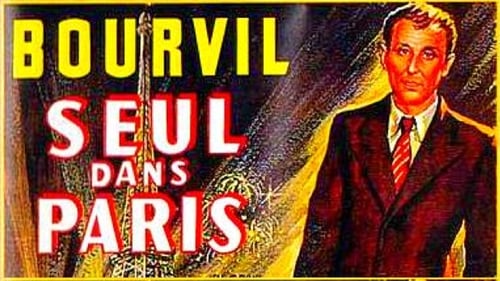
Director
Henri and Jeannette Milliard, a newly married couple from Normandy arrive in Paris where they intend to spend their honeymoon. Unforfunately a wicket gate in the metro separates the couple. In panic, Henri looks for his wife across the capital. He ends up finding her at the hotel they were to put up. But it looks as if Jeannette has gone through some distressing adventure.

Director
Olivier Cabrol is an immature young reveler who lives from hand to mouth. One day he inherits a fabulous fortune from an eccentric uncle. But on the one condition to spend a certain amount of time as a tramp. Olivier accepts out of sheer greed but soon finds the experience rewarding. He finds himself as well as new friends (true ones this time) and even love in the person of Colette.

Director
Identite Judiciare stars Raymond Souplex as wily French police inspector Basquier. The villain is Berthet (Jean Debucourt), a high-ranking government official. Basquier suspects that Berthet is a vicious murderer, but is unable to prove anything thanks to bureaucratic interference. Thus, the good inspector plays a waiting game a la Columbo, hoping for that one fatal slip on the part of the killer. Certain portions of Identite Judiciare proved a bit too intense for American audiences, and were accordingly snipped by the censors.

Director
Edith, a young orphan, is exploited as a waitress and bullied by her adoptive father. But she has a dream: she wants to become a star. One day the Orient Express, which never stops at the little station across the café she works in, is forced to pull up due to a technical incident. And out of a carriage gets ... a company of dancers, who start rehearsing before Edith's amazed eyes. She meets the director of the company, handsome dancing star Harry Belmont, who takes an interest in her beauty and in her natural talent. When she leaves her obnoxious father for Vienna, Harry is absent. She nearly gets seduced by a libidinous man but, after a narrow escape, she gets a job from Treberg, the owner of the restaurant she had dined in. Treberg finds her there, hires her as a dancer and the pair soon meets tremendous success. A star is born but, realizing that he comes second to her, he prefers to vanish.
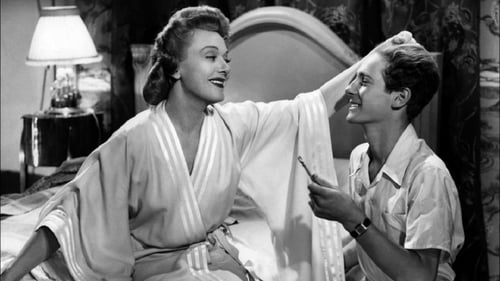
Assistant Director
Political intrigue and psychological drama run parallel. The queen is in seclusion, veiling her face for the ten years since her husband's assassination, longing to join him in death. Stanislas, a poet whose pen name is Azrael, is a suicidal anarchist, his imagination haunted into hate by longing for this queen who's drawn apart. He enters her private quarters intent on killing her then himself, but they fall in love, in part because he looks like the king. Stanislas wants her to regain political power by appearing to the public, and she tries to convince him to find hope and escape. All the while, the queen's enemies plot to keep the lovers together but to thwart their plans.
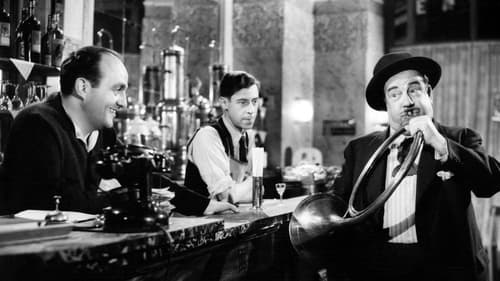
Assistant Director
Julien Couturier (Bernard Blier) and his wife Louise (Blanchette Brunoy), a young couple from Auvergne who have come to Paris to try their luck for the first time in their lives, become the owners of the "Café du Cadran" ("Clockface Cafe"). On opening day, they meet the people who will become their clientele. It's a busy place, with regular customers served by two waiters, Jules (Robert Le Fort) and Victor (Charles Vissières). While Julien is comfortable in his role as boss, Louise doesn't quite get used to this urban world, where everything moves faster, especially human feelings. She often misses Marcenait, the village in Auvergne where she and her husband ran the "Café du Commerce".
Mr. Luigi (Aimé Clariond), a café customer and violinist who performs at the "Café de Paris", has undertaken Louise's cultural education. He teaches her how to dress and do her hair, while recounting his musical successes and travels, skilfully playing on his undeniable seductiveness...
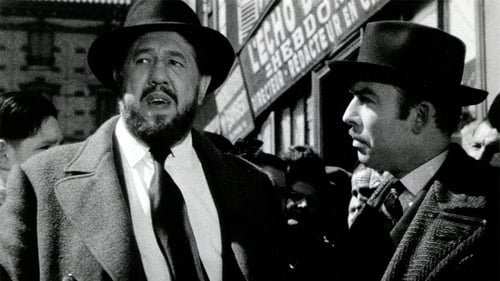
Assistant Director
An alcoholic doctor accidentally kills someone and manages to make the death look like an accident. The episode triggers a sense of confidence and he resolves to correct the miseries of his life.














